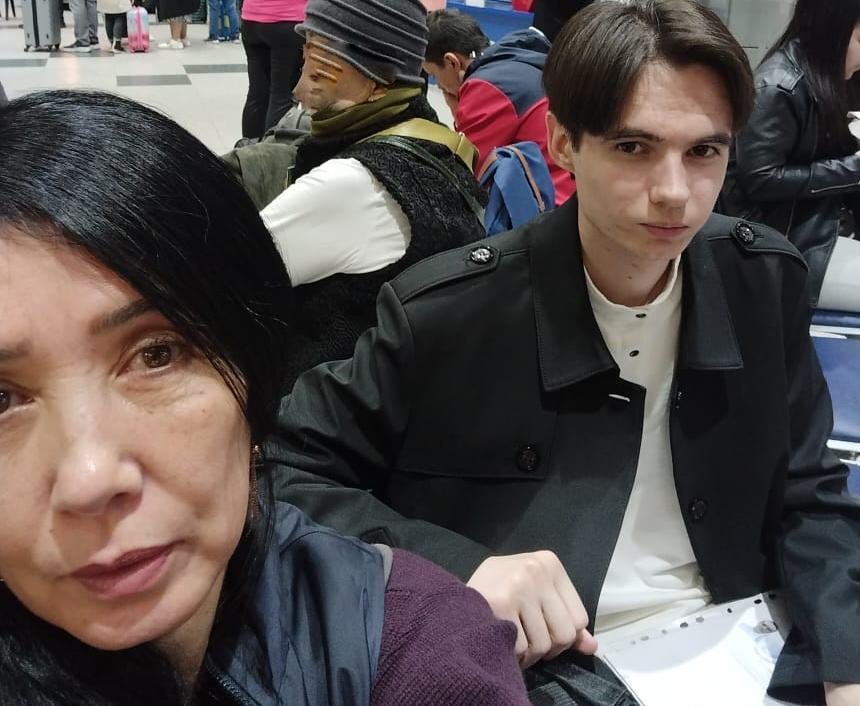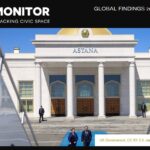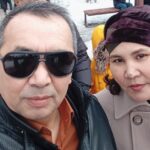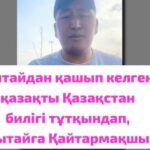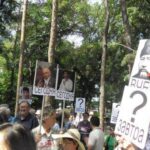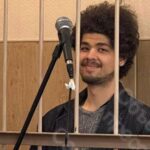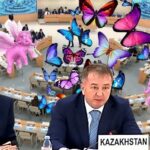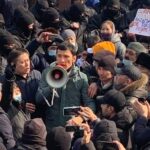On the morning of the 28th of March 2024, 21-year old Russian Denis Kozak was finally granted permission to fly from Almaty to Europe after spending a year in a Kazakh pre-trial detention centre on an extradition request from Russia. In 2022, a criminal case was opened against him in his hometown, Rostov-on-Don on charges of publicly endorsing terrorism after he posted a comment on the social media site VKontakte. In 2022, he faced a criminal case in his hometown of Rostov-on-Don for allegedly endorsing terrorism through a comment he posted on the social media platform VKontakte.
Kozak a politically active anarchist, created a public page dedicated to anarchist ideas, however, the charges brought towards him only concerned one of his posts dedicated to the memory of anarchist student Mikhail Zhlobinsky, from Arkhanglesk, who blew himself up in the reception room of the regional FSB department to protest against political repression in Russia in 2018. Although Kozak’s actions do not fit the definition of terrorism, the legitimacy of the arrest by Kazakh authorities is under scrutiny. What is evident is Russia’s escalating repression of dissent in all its forms.
In August 2022, Kozak sought refuge in Kazakhstan, a common destination for Russians evading mass mobilization calls to join the conflict in Ukraine. He was subsequently arrested in March 2023 by Kazakh authorities based on an extradition request from Russia for ‘publicly endorsing terrorism’. A criminal offense which carries the potential consequence of a minimum of seven-year prison sentence, compounded by the increasing likelihood of torture amid the escalating punitive landscape in Russia.
Following Kozak’s initial arrest, the Kazakhstan International Bureau for Human Rights immediately took up his case and worked in collaboration with the German anti-war initiative inTrasit and the Vyvozhuk project. An application for refugee status was filed, but the rejection verdict was given in January 2024. In response, humanitarian activists and lawyers filed an appeal, which led to the court compromise: Kozak is not granted refugee statue, but the court also refuses to extradite him. On the 3rd of February 2024, Kozak was finally released from the detention centre. The case concluded with numerous negotiations with authorities and migration offices in Kazakhstan and abroad, which ultimately permitted his safe passage to Europe. This success story would not have been possible without the dedicated efforts of the KIBHR, particularly lawyers Inara Masanova, Gulmira Kuatbekova, Yulia Plotnerchuk and Artur Alkhastov.


